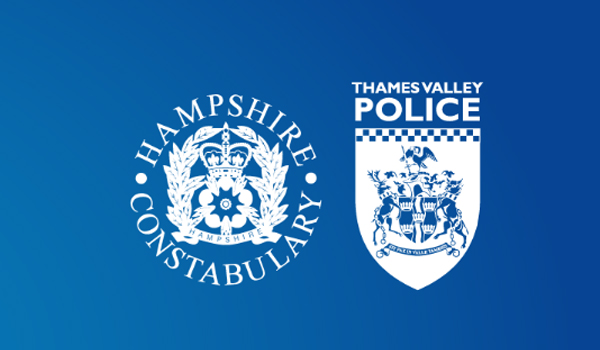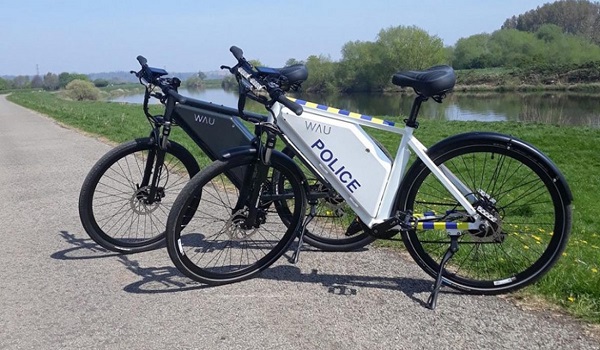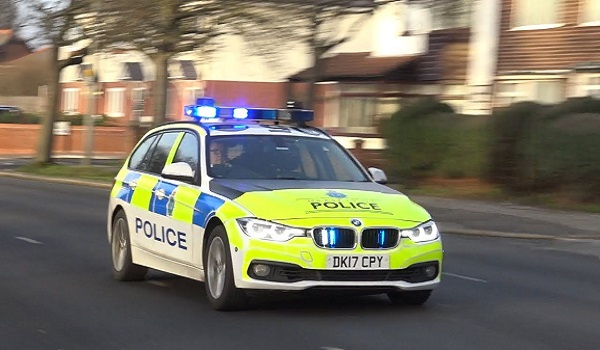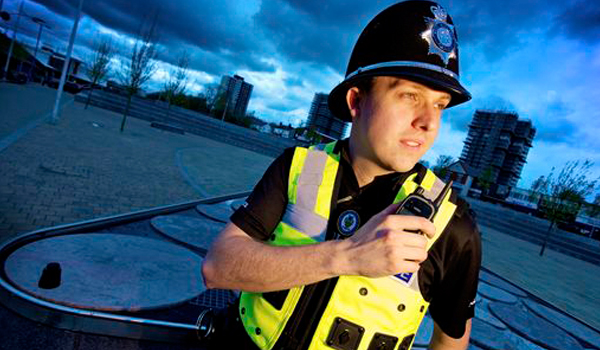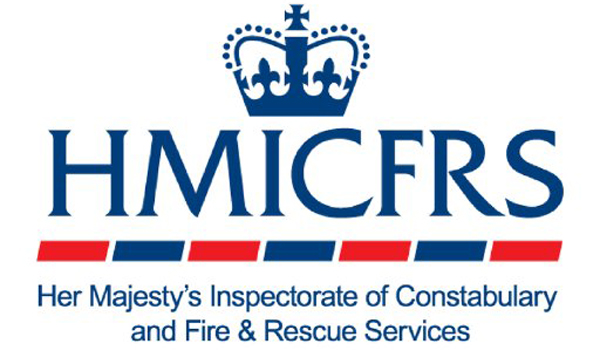New police initiative to assist blind and visually-impaired people
A new police protocol to provide better security for blind and visually-impaired people has been launched today (September 29) across the Hampshire and Thames Valley force areas.
The Visual Impairment Protocol (VIP) uses a password system to enable visually-impaired members of the public to identify if a person at their front door is a police officer.
It will apply to anyone with a visual impairment, whether with full blindness, with a guide dog, or with any sight-impaired condition.
It can also be used by anyone who cares for, or supports, someone who is visually impaired.
Hampshire Constabulary said it was very important that police officers and other police employees who come to the door for whatever reason are able to identify themselves.
“Usually, when officers go to someone’s property, they have an identification card to identify themselves and prove who they are,” it added.
“However, it isn’t as easy for visually-impaired people who may not be able to see a photograph or name on an identification card clearly.”
Hampshire Constabulary said the VIP was in response to feedback from the community to put an alternative, but simple process in place, which has been developed with the assistance of West Yorkshire Police.
The VIP works by setting up a password at the address of a visually-impaired member of the community. When an individual calls either 101 or 999 and informs the call handler that they have a sight impairment, a password of their choice will be agreed.
When an officer then visits that address, they will be expected to state the password to the person answering the door. If they cannot give the password, then they should not be allowed into the address.
Hampshire Constabulary said the issues that led to the introduction of the VIP were first brought to light by a member of the public called Tina Snow, after she experienced a knock on the door from a police officer.
She is fully blind and was not satisfied that the officer could effectively identify himself.
Ms Snow said: “Last year I had a police officer call at my door. He was making inquiries after an attempted break-in at a neighbouring property. Unfortunately he did not have any braille ID on him.
“I let him in, and I shouldn’t have because I was taking a huge risk, as he could have been anybody.
“I contacted Hampshire police and I am really delighted that they have put together a protocol to safeguard people with sight loss in the future.”
Following the launch of the VIP, Hampshire Constabulary Assistant Chief Constable Craig Dibdin, force lead for disability, said: “When we were contacted by Tina about the circumstances she found herself in, we were quite rightly asked what we can do, or what we already do, to safeguard people in Tina’s position.
“When a police officer knocks on the door of a person with a sight impairment, or severe sight impairment, how does that person satisfy themselves that they are indeed speaking to a police officer?
“We contacted Tina and were absolutely delighted that she was willing to work with us to help us find a solution. Our accessibility team worked with Tina, and as a result of that we developed the VIP.”
The protocol is being launched to coincide with National Inclusion Week and Mr Dibdin said: “I can’t thank Tina enough for bringing this to our attention and for working with us.
“We have also been working closely with local charities Sight for Wight, Southampton Sight, and Open Sight to gain further feedback from visually-impaired members of the community about their experiences with the police, and to introduce this new protocol to them.”


